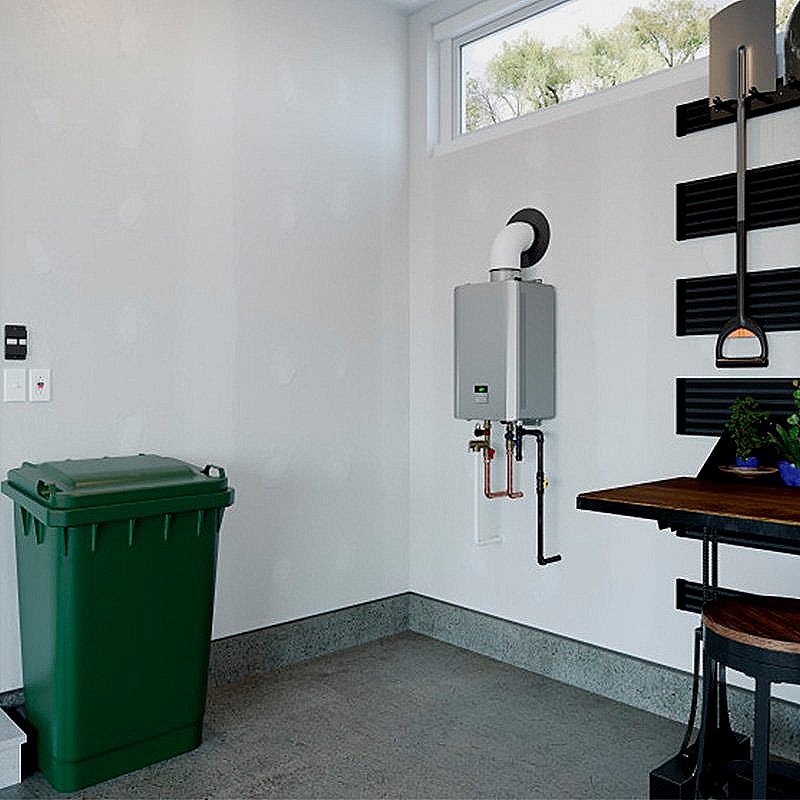
Services
New Construction
New construction gas piping services typically involve the installation of natural gas piping systems for new residential or commercial buildings. Here are some specific services that we offer for new construction projects:
1. Gas line design and planning: Working closely with architects, engineers, and contractors to design an efficient and safe natural gas piping system tailored to the specific needs of the building.
2. Gas line installation and hookup: Expert installation of gas lines throughout the building, including connecting the pipes to the main gas supply line and to individual gas appliances or equipment.
3. Gas line sizing and pressure regulation: Ensuring that the gas pipes are sized correctly and the pressure is regulated properly to provide a sufficient and consistent supply of gas to the building.
4. Permitting and code compliance: Obtaining the necessary permits and ensuring that the gas piping installation adheres to local building codes and safety regulations.
5. Collaboration with utility companies: Coordinating with the local utility company to establish and connect the building to the main gas supply line.
6. Testing and inspection: Conducting pressure tests and leak tests to verify the integrity of the gas lines and ensure compliance with safety standards.
7. Gas line documentation and certification: Providing documentation and certification to confirm that the installed gas piping system meets all necessary regulations and requirements.
8. Our company now offers propane tank installations for tanks up to 120 gallons in size. This new service provides customers with a larger option for their propane needs. Whether for home heating, grilling, or other applications.
It is important to engage a reputable, licensed, and experienced contractor or company specializing in natural gas piping services for new construction projects to ensure the highest level of safety and quality.
Residential Services
Some residential gas piping services that we offer include:
1. Installation of natural gas piping systems: This involves designing and installing the necessary piping infrastructure to bring natural gas or LP into a residential property.
2. Gas line repair: Repairing damaged or leaking gas lines to ensure safety and maintain the efficient functioning of the natural gas or LP system.
3. Gas line inspection: Conducting inspections to check for any potential problems or hazards with the gas piping system.
4. Gas line replacement: Removing and replacing old or outdated gas lines with new ones to ensure optimum performance and safety.
5. Gas line relocation: Moving or re-routing gas lines to accommodate changes in the property's layout or when renovating or expanding a property.
6. Gas line testing: Performing pressure tests and leak tests to ensure the integrity of gas lines and ensure compliance with safety regulations.
Note: It's important to consult with a professional, licensed contractor or company for natural gas piping services to ensure compliance with local regulations and safety standards.
Tankless Water Heaters
1. Energy efficiency: Tankless water heaters only heat the water when you use it, which means they are more energy-efficient compared to traditional tank heaters that constantly heat and store water. This can result in lower energy bills and reduced carbon footprint.
2. Continuous hot water supply: With tankless water heaters, there is no need to wait for a storage tank to fill up and heat water. They provide a continuous supply of hot water on demand, making them ideal for households with high hot water usage or multiple simultaneous demands.
3. Space-saving design: Tankless water heaters are much smaller in size compared to tank heaters, which can be bulky and take up a significant amount of space. Tankless heaters can be installed on walls or in tight spaces, saving valuable floor space in your home.
4. Longer lifespan: Tankless water heaters typically have a longer lifespan compared to tank heaters. They are built with durable components and often come with longer warranties, saving you money on frequent replacements or repairs.
5. Reduced risk of water damage: Traditional tank water heaters can leak or burst, potentially causing significant water damage. With a tankless water heater, there is no risk of a tank failure or leak, eliminating the possibility of water damage caused by a ruptured tank.
6. Reduced risk of bacterial growth: Due to the constant heating and storing of water, traditional tank heaters can be breeding grounds for bacteria, such as Legionella. Tankless water heaters, on the other hand, heat water directly as it flows through the unit, reducing the risk of bacterial growth.
7. Smart features and controls: Many tankless water heaters come with advanced features and controls, such as temperature adjustment, programmable settings, and smartphone compatibility. These features allow for enhanced convenience and control over your hot water supply.
8. Increased property value: Tankless water heaters are considered a desirable feature in homes due to their energy efficiency and convenience. Installing a tankless water heater can increase the value of your property and make it more attractive to potential buyers.
Commercial
Commercial gas piping services typically include:
1. Commercial Gas Piping Installation: We install new gas piping systems for commercial buildings, ensuring proper connections and compliance with safety regulations.
2. Gas Piping Repair: Our team of experienced technicians can diagnose and repair any issues with your commercial gas piping system.
3. Gas Line Expansion: If your business is expanding or renovating, we can assist with adding new gas lines or extending your existing gas piping network to accommodate your changing needs.
4. Gas Piping Upgrades and Retrofits: We can provide upgrades to your existing gas piping system, including replacing outdated or damaged components and improving overall functionality.




